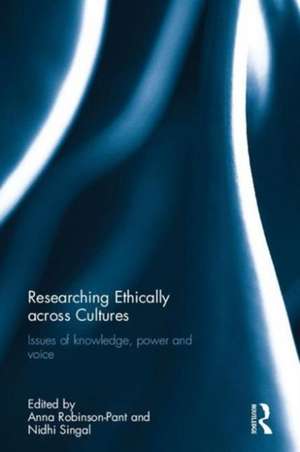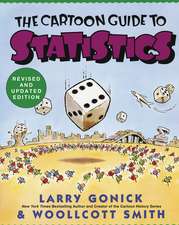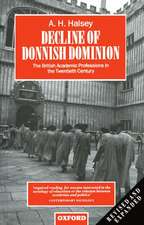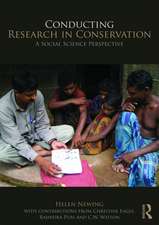Researching Ethically across Cultures: Issues of knowledge, power and voice
Editat de Anna Robinson-Pant, Nidhi Singalen Limba Engleză Hardback – 22 apr 2016
This book extends our understanding of the ethical issues and dilemmas faced by researchers in comparative and international education. It asks what the relevance of postcolonial theory is for understanding research ethics in comparative and international education; whether Western ethical practices in qualitative social research are incompatible with cultures outside the West; how a ‘situated’ approach can be developed for exploring research ethics across cultures and institutions; and how ‘informed consent’ can be negotiated when the process appears to contradict community values and practices. In sharing experiences from a wide range of cultural and institutional contexts, the authors offer both theoretical resources and practical guidance for conducting research ethically across cultures. This book was originally published as a special issue of Compare: A Journal of Comparative and International Education.
| Toate formatele și edițiile | Preț | Express |
|---|---|---|
| Paperback (1) | 402.66 lei 6-8 săpt. | |
| Taylor & Francis – 3 ian 2019 | 402.66 lei 6-8 săpt. | |
| Hardback (1) | 997.90 lei 6-8 săpt. | |
| Taylor & Francis – 22 apr 2016 | 997.90 lei 6-8 săpt. |
Preț: 997.90 lei
Preț vechi: 1216.95 lei
-18% Nou
Puncte Express: 1497
Preț estimativ în valută:
190.94€ • 199.36$ • 158.03£
190.94€ • 199.36$ • 158.03£
Carte tipărită la comandă
Livrare economică 04-18 aprilie
Preluare comenzi: 021 569.72.76
Specificații
ISBN-13: 9781138658899
ISBN-10: 1138658898
Pagini: 142
Dimensiuni: 174 x 246 x 15 mm
Greutate: 0.39 kg
Ediția:1
Editura: Taylor & Francis
Colecția Routledge
Locul publicării:Oxford, United Kingdom
ISBN-10: 1138658898
Pagini: 142
Dimensiuni: 174 x 246 x 15 mm
Greutate: 0.39 kg
Ediția:1
Editura: Taylor & Francis
Colecția Routledge
Locul publicării:Oxford, United Kingdom
Public țintă
Postgraduate, Professional, and UndergraduateCuprins
Introduction – Researching ethically across cultures: issues of knowledge, power and voice 1. Towards a postcolonial research ethics in comparative and international education 2. Research ethics in comparative and international education: reflections from anthropology and health 3. Informed consent in educational research in the South: tensions and accommodations 4. Challenges to anonymity and representation in educational qualitative research in a small community: a reflection on my research journey 5. Ethics in intercultural research: reflections on the challenges of conducting field research in a Syrian context 6. Working together for critical research ethics 7. The politics of ethics in diverse cultural settings: colonising the centre stage Reflective Endpiece 8. The importance of listening for sharing life experiences 9. Looking back, looking within: reflections on a feminist research study: analysing the methodology of a tracer study based in rural Uttar Pradesh, India
Descriere
Researchers working across cultures face particular challenges around power, identity, and voice, encountering ethical dilemmas which extend beyond the researcher-researched relationship. Using a cross-cultural perspective on how to conceptualise research problems, collect data, and disseminate findings in an ethical manner, they engage with the geopolitics of academic writing, language inequalities, and knowledge construction. In sharing experiences from a wide range of cultural and institutional contexts, this book offers theoretical resources and practical guidance for conducting research ethically across cultures. This book was published as a special issue of Compare.









